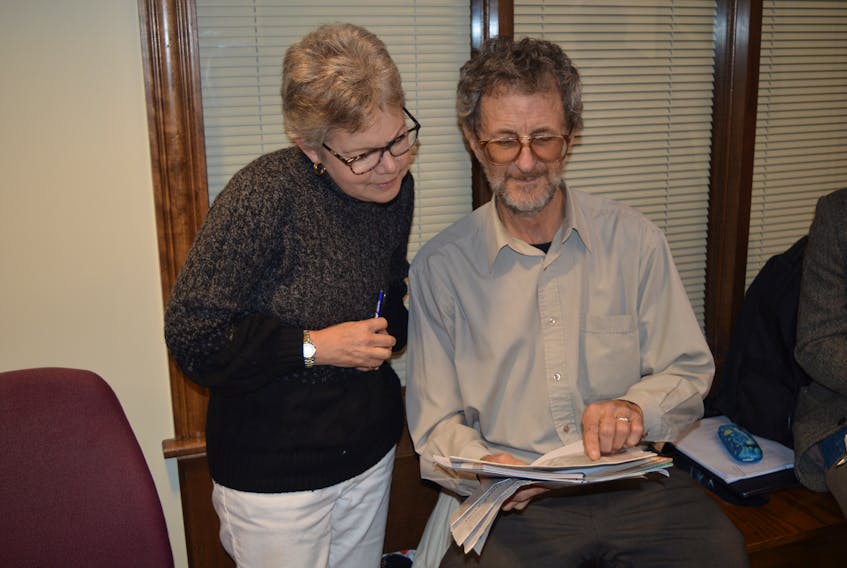CHARLOTTETOWN, P.E.I. — The City of Charlottetown is spending $871,300 to help replace some of the aging buses in the T3 Transit fleet.
City council approved the resolution at a special public meeting on Monday by a 9-0 vote (Coun. Terry Bernard was absent).
The money is Charlottetown’s share towards the purchase of two 40-foot buses and four 35-foot buses. The cost is split between the province and the towns of Stratford and Cornwall, which are partners in the transit service. The total cost of the purchase is $3.7 million. The federal government covers 40 per cent of the cost, and the province takes care of 33 per cent with the municipal share coming in at 26 per cent.
Charlottetown’s share will be spread over two fiscal years, 2020-21 and 2021-22.
All six will be diesel buses, which isn’t sitting well with Extinction Rebellion, the climate emergency group.
Members of the group met with the city’s environmental and sustainability committee on Tuesday, saying the city should be replacing the transit buses with electric vehicles, not diesel-fueled ones.
Michael Antolick, a member of the group, said they’re not trying to be alarmist. The climate crisis is very real.
Antolick said going with diesel versus electric will mean adding millions of dollars in health-care costs. He added that while electric buses are more expensive to buy than diesel, they last longer.
Coun. Terry MacLeod, chairman of the committee, said moving to electric buses is a big priority for the city, but it’s going to take time.
“There’s simply none available right now,’’ MacLeod said, adding that the city would also have to purchase charging stations and a depot to house the buses.
Mayor Philip Brown said the transit service has been setting ridership records lately and is doing a much better job at keeping people from using their own vehicles, thus helping the environment.
Brown said the immediate priority is to continue to develop a stable customer base.
“I think we’re making some great steps. You have to give us time. There has to be a slide into it,’’ Brown said.
Extinction Rebellion member Ramona Pal-Kovacs said it’s important for the city to send the right message while Tony Reddin said they appreciate what the city has done but that it’s actions that count.
Reddin and his colleagues also expressed surprise that council pushed the resolution through so quickly. The environment and sustainability committee had just met last week and recommended council approve the bus purchase at its next regular public council meeting on Nov. 12. However, council held a special meeting on Monday and passed it.
Reddin said his group feels misled.
The group also pointed out that the city recently declared a $9 million surplus so money can’t be an issue.
Pal-Kovacs said this council shouldn’t even be dealing with the issue.
“It should have been done 10 years ago,’’ she said.
The committee informed the group that moving to electric buses will be part of future applications for federal government funding and that, down the road, the city will be looking to electric power for its own vehicles.
In the meantime, the city and its funding partners have a responsibility to keep the transit service running efficiently, Brown said.









